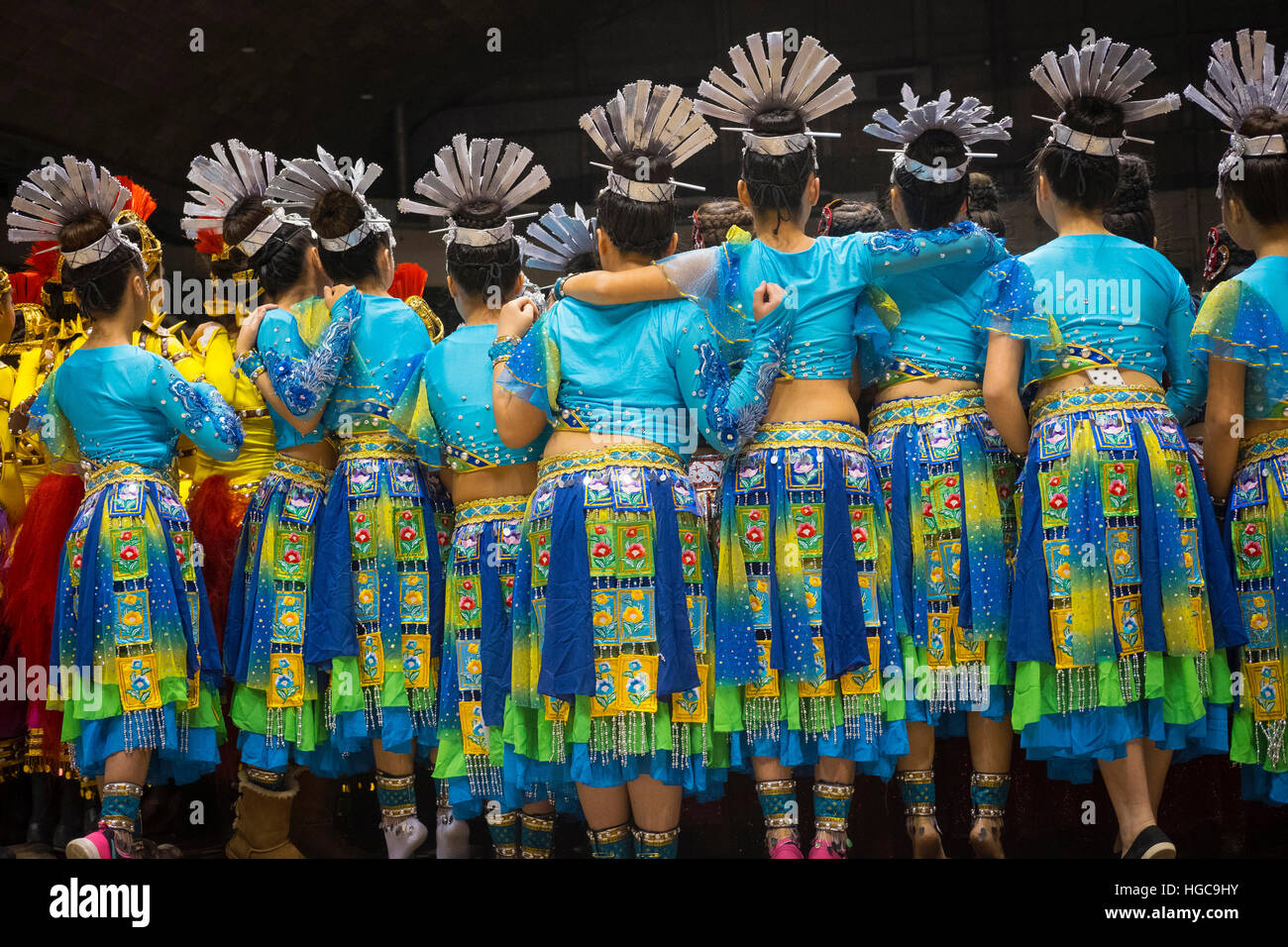Suni Lee’s Background
Suni lee ethnicity – Suni Lee is a first-generation Hmong American gymnast who was born and raised in Saint Paul, Minnesota. Her parents, Yeev Thoj and John Lee, immigrated to the United States from Laos in the 1970s. Suni’s father was a fisherman in Laos, and her mother was a farmer. They came to the United States in search of a better life for themselves and their children.
Suni’s parents worked hard to provide for their family. Her father worked long hours at a factory, and her mother worked as a seamstress. Suni and her siblings grew up in a small apartment in Saint Paul. Despite their humble beginnings, Suni’s parents always encouraged her to follow her dreams. They taught her the importance of hard work and perseverance.
Cultural Heritage, Suni lee ethnicity
Suni’s Hmong heritage has played a significant role in shaping her identity. The Hmong are an ethnic group from Southeast Asia who have a rich culture and history. Suni is proud of her Hmong heritage, and she often incorporates Hmong traditions into her gymnastics routines. For example, she wears a traditional Hmong headdress when she competes.
Suni’s Hmong heritage has also taught her the importance of community. The Hmong are a close-knit community, and they always support each other. Suni has always felt a strong sense of belonging within the Hmong community, and she is grateful for the support she has received from her family and friends.
Suni Lee’s Gymnastics Career

Suni Lee’s journey as a gymnast began at the age of six when she was enrolled in a gymnastics class by her parents. She quickly showed a natural talent for the sport and began training competitively at the age of eight. Lee’s early training was focused on developing her strength, flexibility, and coordination. She also began learning the basic skills of gymnastics, such as handstands, cartwheels, and back handsprings.
As Lee progressed in her training, she began to compete in local and regional gymnastics competitions. She quickly rose through the ranks and began to win medals at the state and national levels. In 2019, Lee made her international debut at the World Championships in Stuttgart, Germany. She finished 11th in the all-around competition and helped the United States team win a silver medal.
In 2021, Lee competed in the Olympic Games in Tokyo, Japan. She won the gold medal in the all-around competition, becoming the first Asian American woman to win the Olympic all-around title. Lee also won a bronze medal in the team competition and a silver medal on the uneven bars.
Impact of Lee’s Ethnicity on Her Athletic Achievements and Recognition
Lee’s ethnicity has played a significant role in her athletic achievements and recognition. As an Asian American gymnast, she has faced challenges and opportunities that are unique to her experience.
One of the challenges that Lee has faced is the lack of representation of Asian Americans in gymnastics. When she began competing, there were few Asian American gymnasts who had achieved success at the international level. This made it difficult for Lee to find role models and mentors who could help her navigate the sport.
Despite the challenges, Lee has also benefited from her ethnicity. Her unique background has made her an inspiration to many Asian Americans and has helped to break down stereotypes about Asian athletes. Lee’s success has also helped to raise awareness of the challenges that Asian Americans face in sports and has paved the way for other Asian American gymnasts to succeed.
Challenges and Opportunities as an Asian American Gymnast
As an Asian American gymnast, Lee has faced a number of challenges. One of the biggest challenges has been the lack of representation of Asian Americans in the sport. When she began competing, there were few Asian American gymnasts who had achieved success at the international level. This made it difficult for Lee to find role models and mentors who could help her navigate the sport.
Another challenge that Lee has faced is the perception that Asian Americans are not as athletic as other races. This stereotype has made it difficult for Lee to get the same recognition as other gymnasts. She has often been underestimated by her opponents and has had to work harder to prove herself.
Despite the challenges, Lee has also benefited from her ethnicity. Her unique background has made her an inspiration to many Asian Americans and has helped to break down stereotypes about Asian athletes. Lee’s success has also helped to raise awareness of the challenges that Asian Americans face in sports and has paved the way for other Asian American gymnasts to succeed.
Suni Lee’s Impact on Society: Suni Lee Ethnicity

Suni Lee’s remarkable achievements in gymnastics have had a profound impact on society, particularly within the Asian American community and beyond. Her success has inspired countless young athletes, promoted diversity and inclusion, and challenged stereotypes.
Role Model and Inspiration
As the first Asian American woman to win the Olympic all-around gold medal in gymnastics, Suni Lee has become a role model and inspiration for young Asian Americans. Her success has shown that Asian Americans can excel in any field, including traditionally white-dominated sports like gymnastics. Suni Lee’s determination, hard work, and perseverance have resonated with young athletes of all backgrounds, inspiring them to pursue their dreams.
Promoting Diversity and Inclusion
Suni Lee’s success has also helped to promote diversity and inclusion in sports and society as a whole. Her visibility as an Asian American athlete has challenged stereotypes and biases, and has helped to create a more inclusive environment for all athletes. Suni Lee’s presence on the world stage has also raised awareness of the contributions of Asian Americans to society, and has helped to break down barriers and create a more just and equitable world.